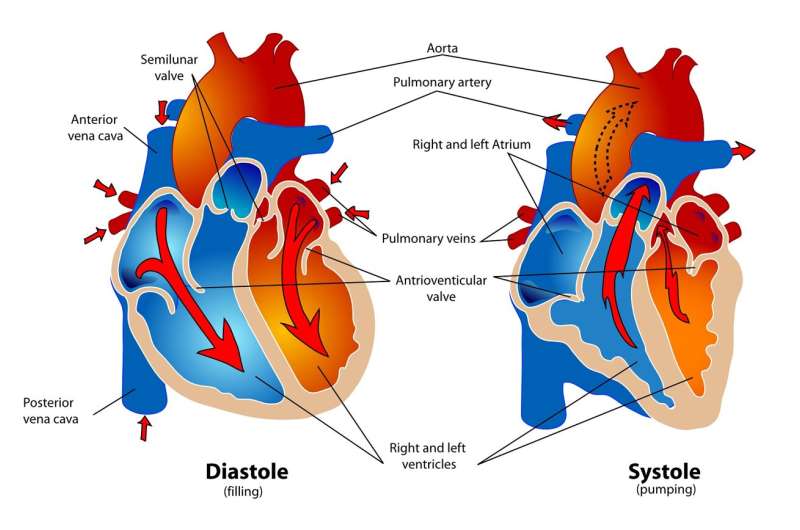Advanced Risk Calculator Enhances 10-Year Prediction of Heart Disease and Detects Calcium Deposits in Arteries

A new study shows that the PREVENT risk calculator, combined with calcium scoring, accurately predicts 10-year cardiovascular risk and detects arterial calcium buildup, aiding in early intervention and prevention strategies.
A recent study highlights the effectiveness of the PREVENT risk calculator in predicting the likelihood of cardiovascular events over a decade, including the identification of calcium buildup in heart arteries. Researchers analyzed data from nearly 7,000 adults who underwent coronary computed tomography angiography (CCTA) at NYU Langone Health between 2010 and 2024. The findings demonstrate that the PREVENT tool provides accurate assessments of future heart attack risk when considering traditional factors such as age, blood pressure, cholesterol, body mass index, diabetes status, smoking habits, social determinants, and kidney function.
Crucially, the study found a significant correlation between PREVENT risk scores and coronary artery calcium (CAC) scores, a measure obtained from noninvasive imaging that reveals calcium deposits in coronary arteries—a key indicator of subclinical atherosclerosis. Participants with high PREVENT scores often had higher CAC scores, indicating increased risk.
Furthermore, combining PREVENT scores with CAC data improved the accuracy of predicting future heart attacks. This combined approach effectively identified individuals who experienced heart attacks during follow-up, emphasizing the value of integrated risk assessment tools.
The implications of these findings suggest that the PREVENT calculator, especially when paired with CAC scoring, can better guide clinicians in early intervention strategies, such as cholesterol-lowering treatments, before symptoms appear. Dr. Morgan Grams, the study’s lead author, notes that this approach enables personalized care tailored to a patient's specific risk profile.
This research supports the use of noninvasive imaging and risk prediction models to enhance preventive cardiology, ultimately aiming to reduce the incidence of heart attacks and improve patient outcomes. However, the study’s limitations include its single-institution population, predominantly white participants, short follow-up period, and reliance solely on electronic health records. Future studies with more diverse cohorts and longer follow-up are needed to confirm these findings.
Source: https://medicalxpress.com/news/2025-05-accurately-year-cardiovascular-disease-calcium.html
Stay Updated with Mia's Feed
Get the latest health & wellness insights delivered straight to your inbox.
Related Articles
Waist-to-Height Ratio as a Key Predictor of Heart Failure Risk
A new study indicates that waist-to-height ratio is a strong predictor of incident heart failure, surpassing traditional measures like BMI. This metric helps identify at-risk individuals based on fat distribution around visceral organs.
Innovative At-Home Melanoma Test Using Skin Patch Shows Promise in Animal Studies
A novel skin patch developed by University of Michigan researchers shows promise for at-home melanoma detection using microneedles that capture cancer-specific exosomes, enabling quick and painless early diagnosis.
Global Radiology Guidelines Establish Best Practices for Post-COVID Chest CT Imaging
An international expert panel has released new guidelines for the use and reporting of chest CT scans in patients recovering from COVID-19, promoting standardized terminology and optimal imaging practices to improve patient management.



